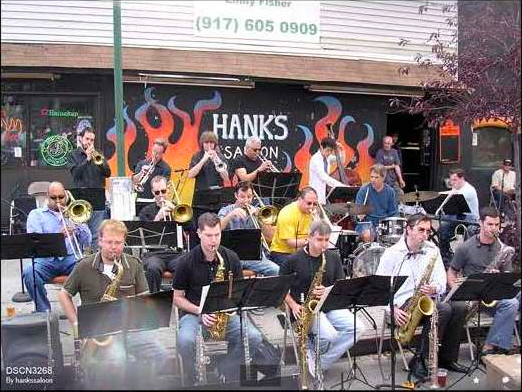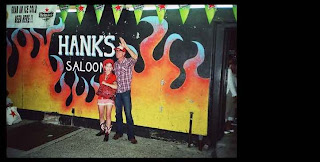Helping the Music Play On at Hank’s Saloon in Brooklyn
April 1, 2013
Our attorneys feel a deep obligation to give back to the community, taking on complex commercial litigations and negotiations on a pro bono basis. When famed Brooklyn watering hole and music venue, Hank’s Saloon, found its new landlord eager to attempt to terminate its lease due to increased market rents from the construction of the Barclay Center, we stepped in to represent the neighborhood fixture to keep the lights on and the music pumping.
A contentious litigation from the start, the new landlord was intent on running over Hank’s Saloon in an effort to quickly recover the space. However, we were able to combat and delay these tactics, earning a crucial victory when we soundly defeated landlord’s motion for use and occupancy by demonstrating that the landlord failed to meet its burden in demonstrating its entitlement thereto, and the proper measure thereof. With the momentum from this victory, we were able to capitalize thereon and negotiate a very favorable settlement to keep the downtown landmark in business for the foreseeable future.
46 Third, LLC v. Clocktower 46, Inc.
(NYC Civil Court, March 4, 2013)
In this commercial holdover proceeding, tenant, represented by us, defeated landlord’s motion for an order for use and occupancy. Real Property Law § 220 provides that a “landlord may recover reasonable compensation for the use and occupancy of real property”; however the landlord, not the tenant, has the burden of proving the reasonable value of use and occupancy. Here, landlord annexed an affidavit from its principal, who stated that tenant had not paid use and occupancy since the commencement of the proceeding. The affidavit was neither signed nor notarized. Further, landlord did not annex a copy of the lease, or any other properly introduced business records to demonstrate the true measure of use and occupancy due and owing to landlord. Written statements that are not sworn to be true under the penalties of perjury do not constitute competent evidence. The Court stated that even assuming arguendo that the affidavit was admissible, landlord provided no credible evidence of the reasonable value of use and occupancy of the premises. The invoice that purportedly demonstrated tenant’s rental history did not identify the tenant, and the other business records introduced by landlord were insufficient to meet landlord’s burden. Although landlord stated the fair market value of the premises was $10,000.00, the invoice stated the rent was $3,582.13 as of October 2012 — a large disparity that was neither explained nor supported with competent evidence. Accordingly, the motion for use and occupancy was denied.









